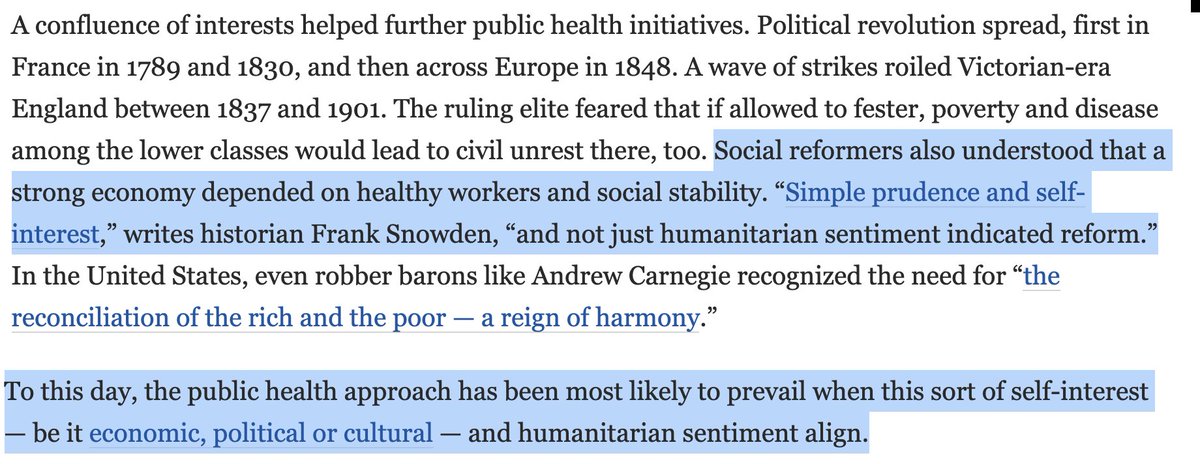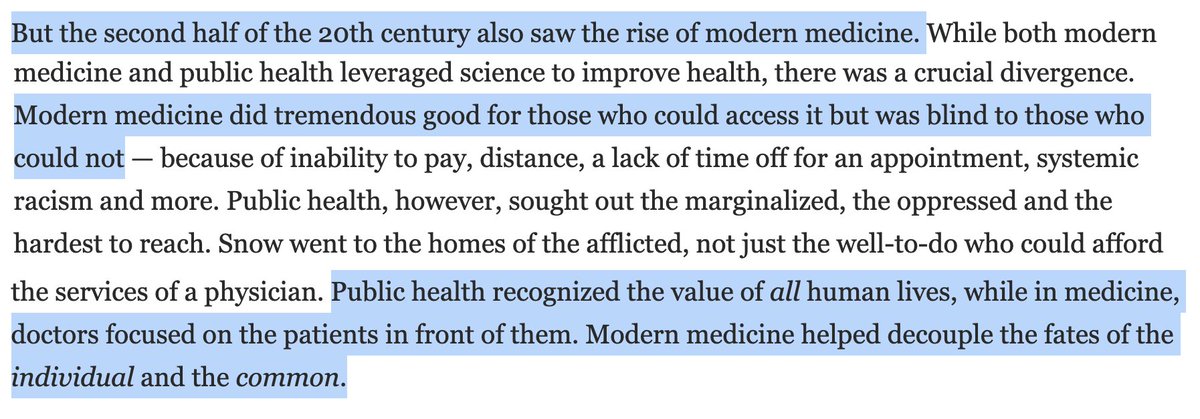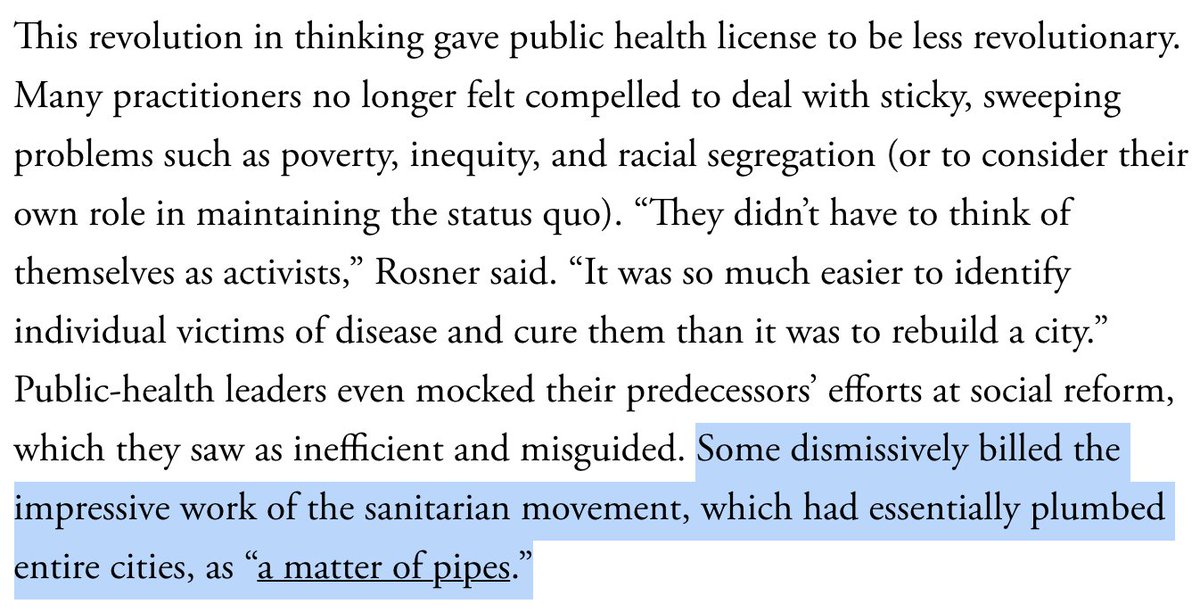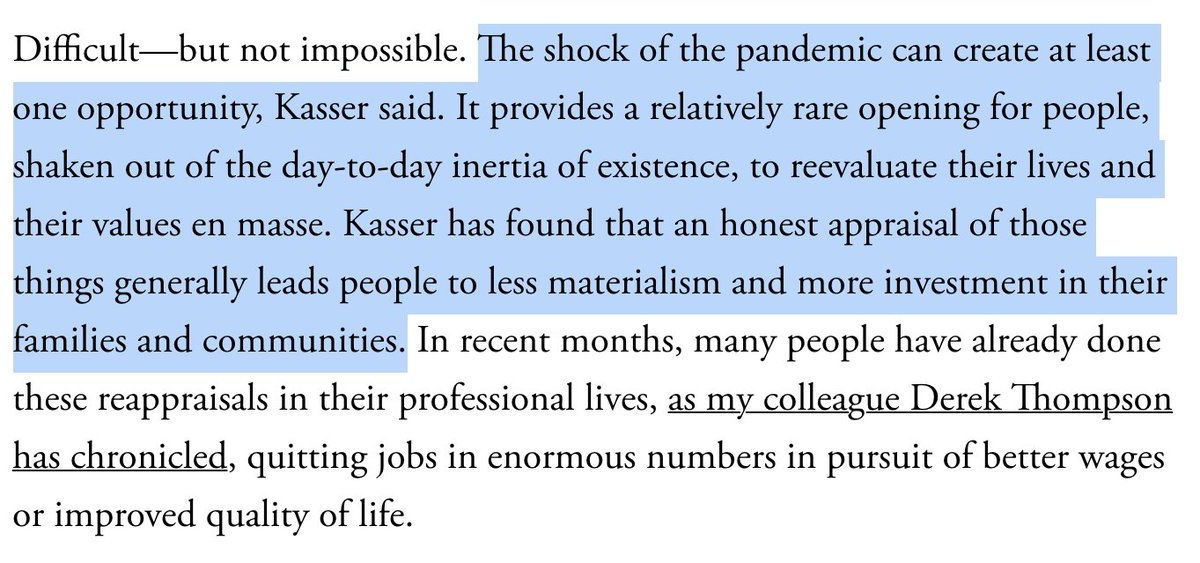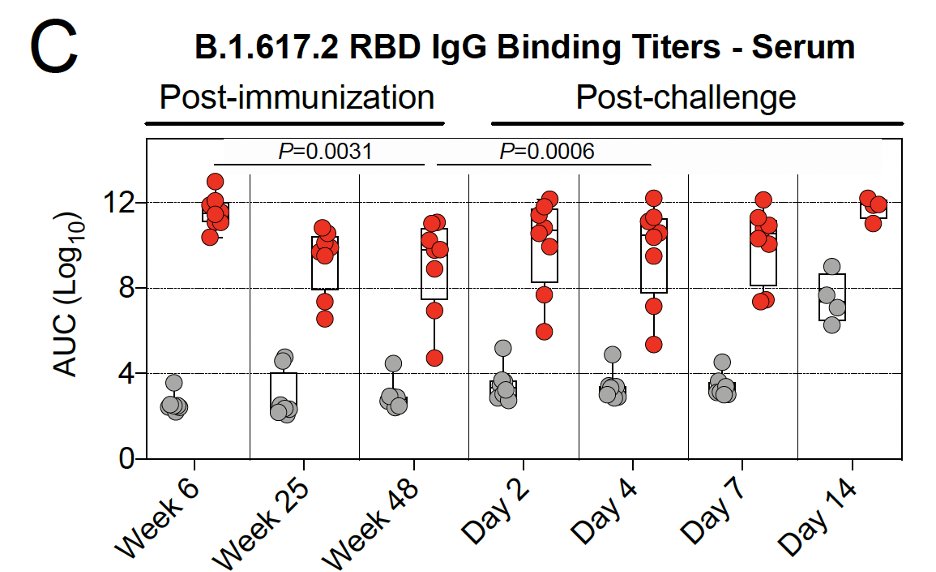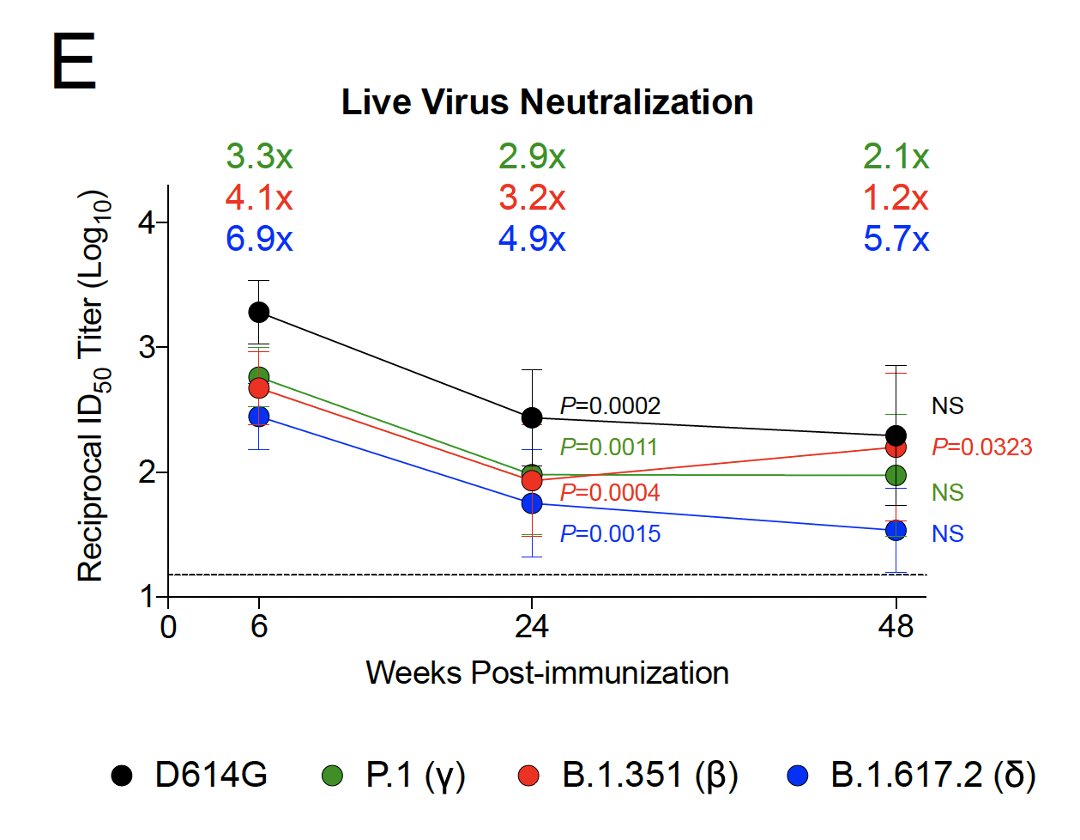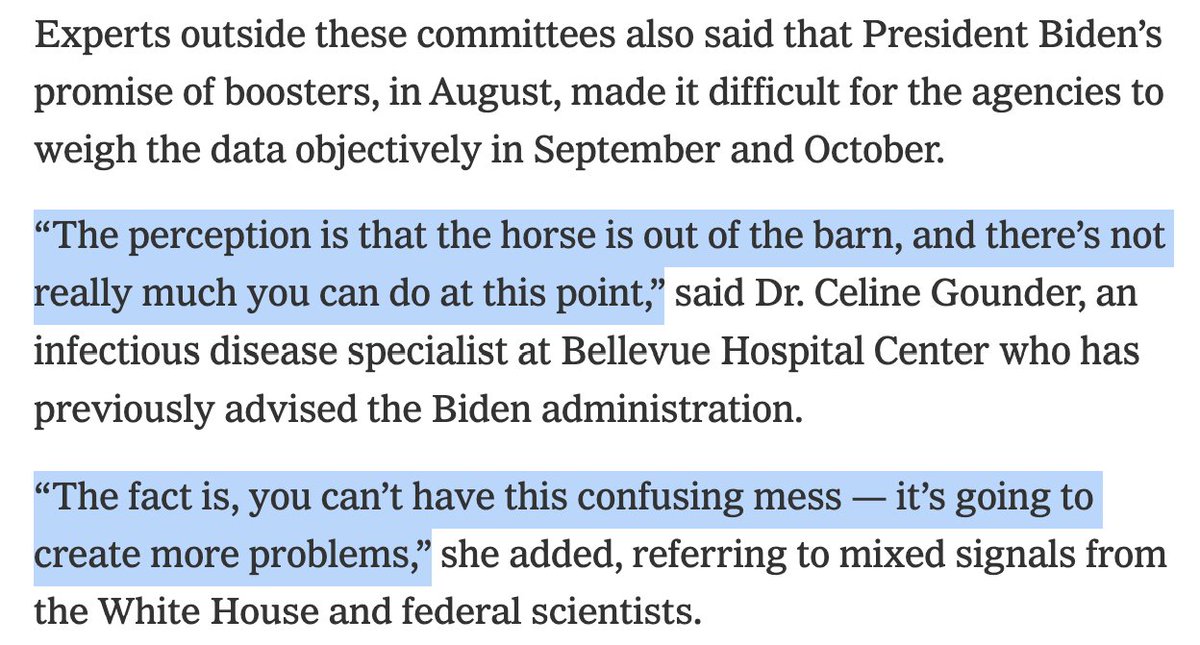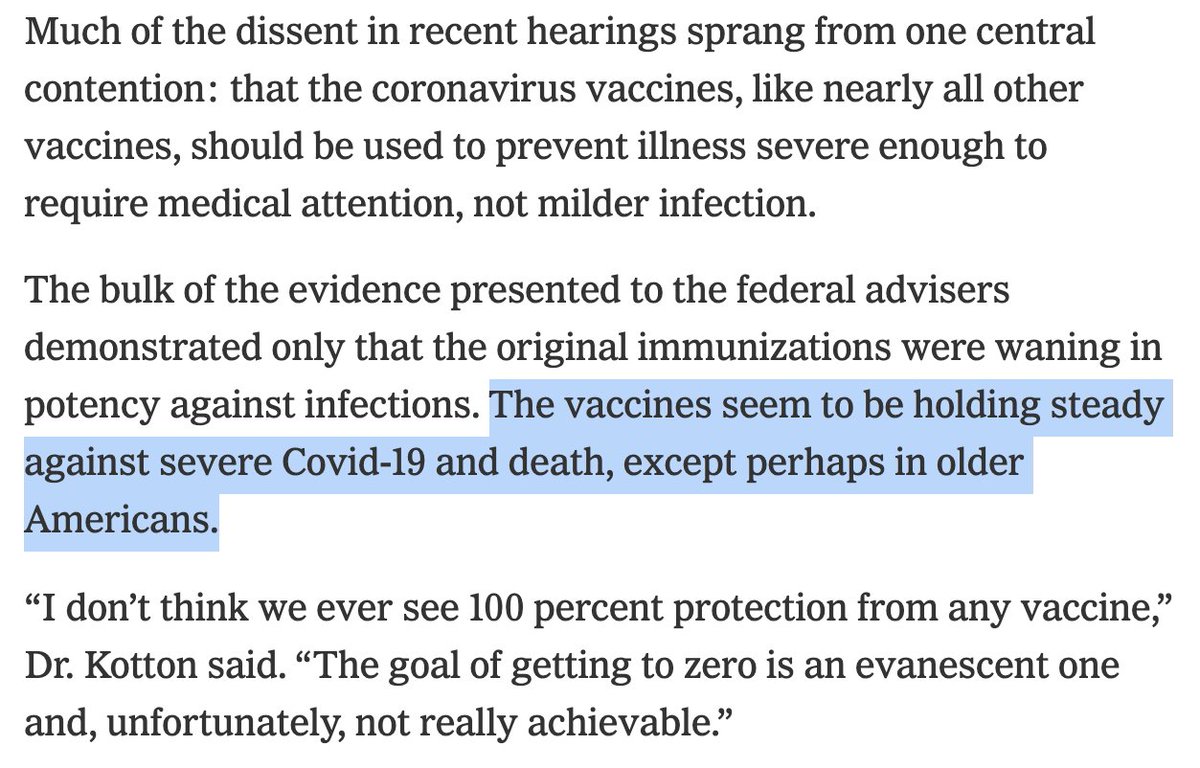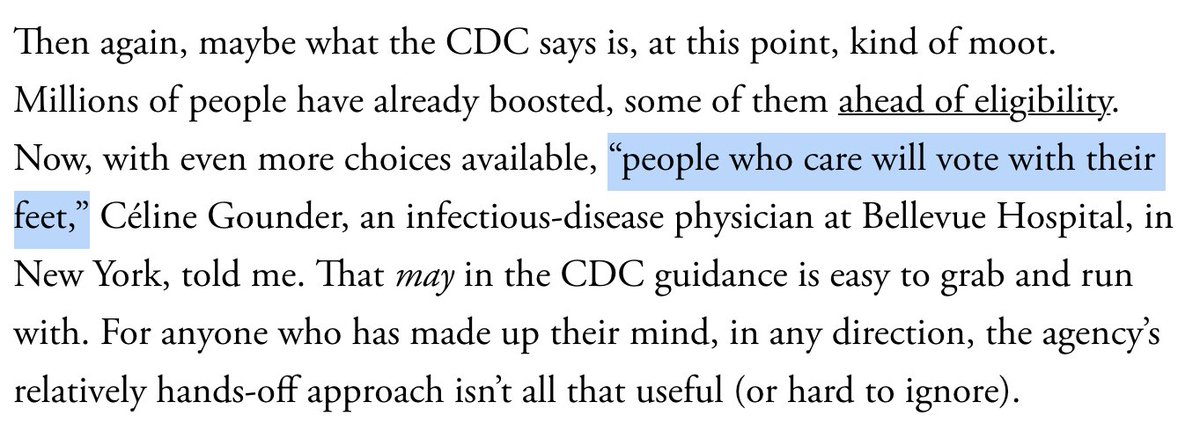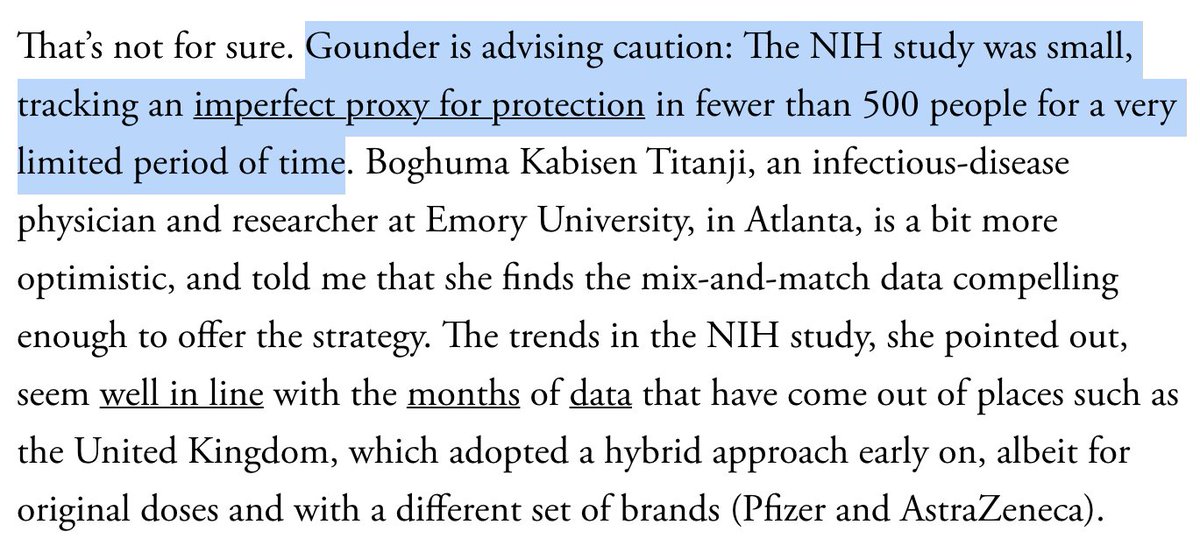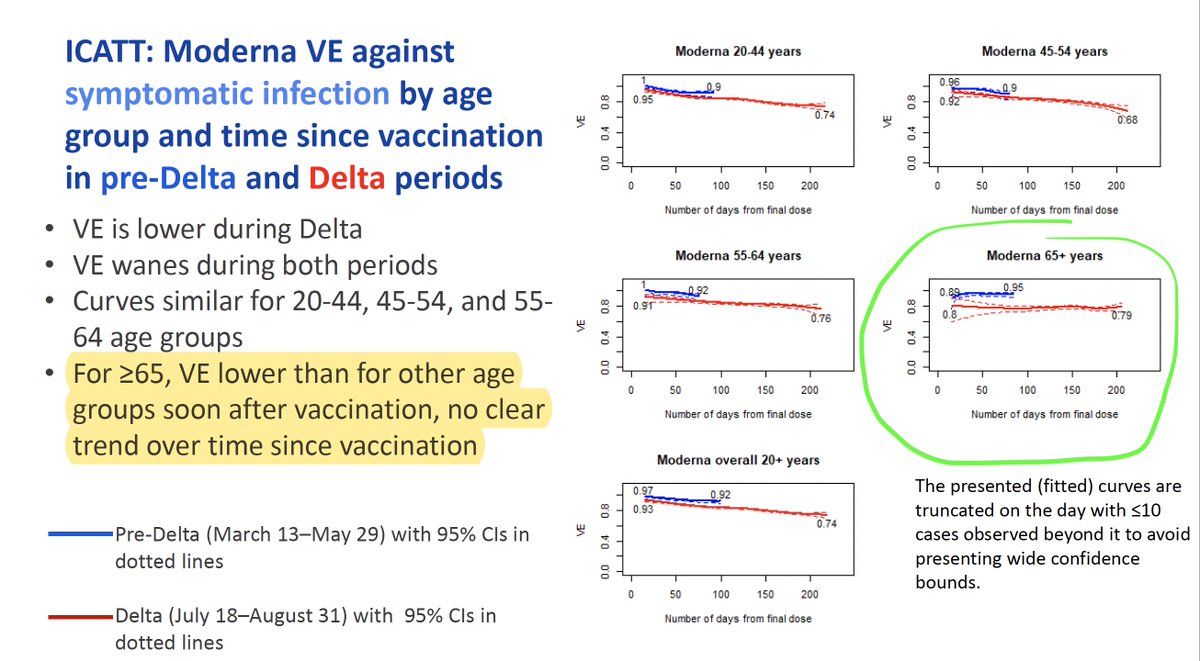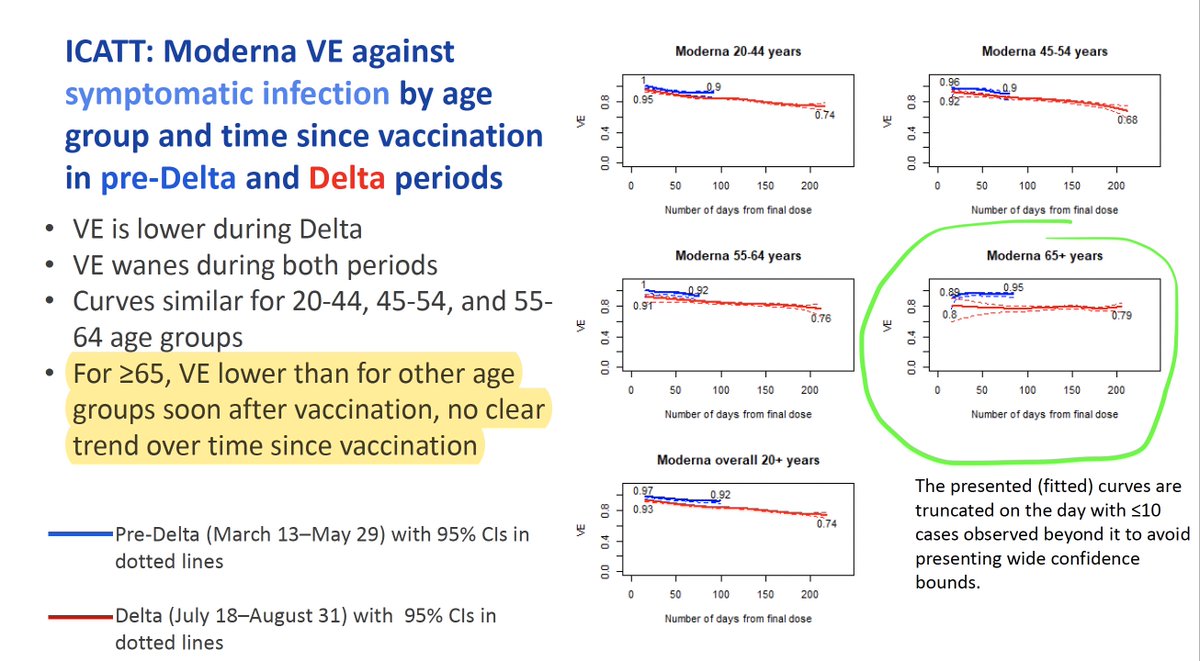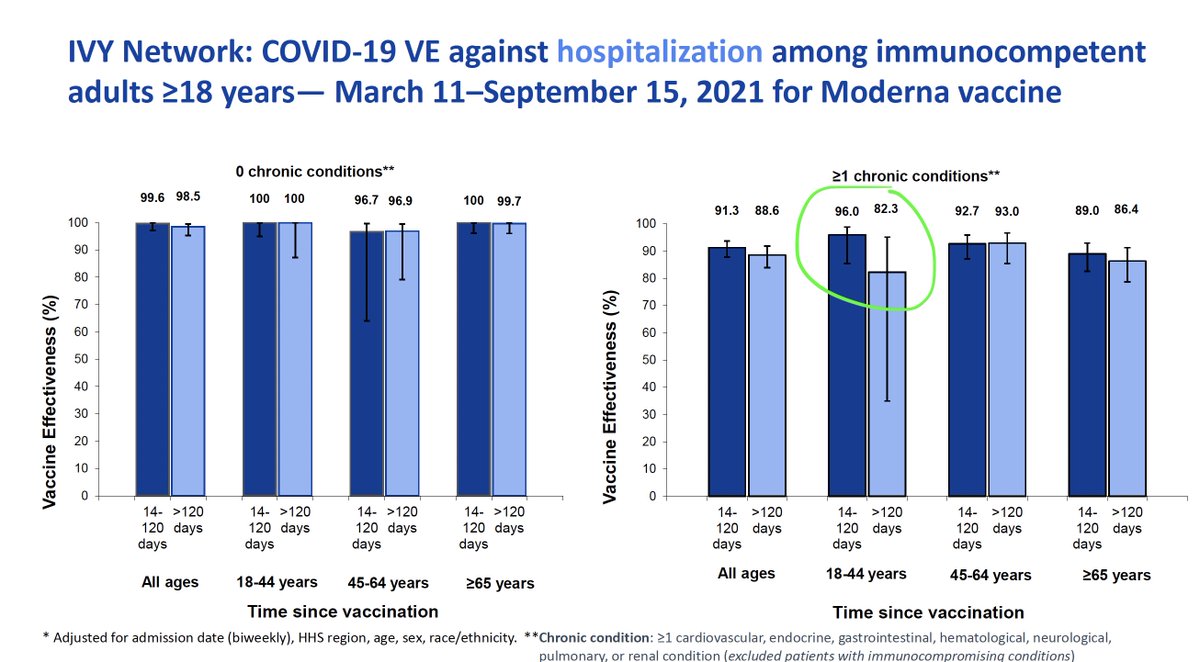
1/ @edyong209's latest piece for the @TheAtlantic
theatlantic.com/health/archive…
has me thinking back on something I wrote for @washingtonpost about a year ago
washingtonpost.com/outlook/2020/0…
theatlantic.com/health/archive…
has me thinking back on something I wrote for @washingtonpost about a year ago
washingtonpost.com/outlook/2020/0…
9/ And now turning to @edyong209's piece
theatlantic.com/health/archive…
We understood, back then, that social injustice caused disease and that this was immoral.
theatlantic.com/health/archive…
We understood, back then, that social injustice caused disease and that this was immoral.
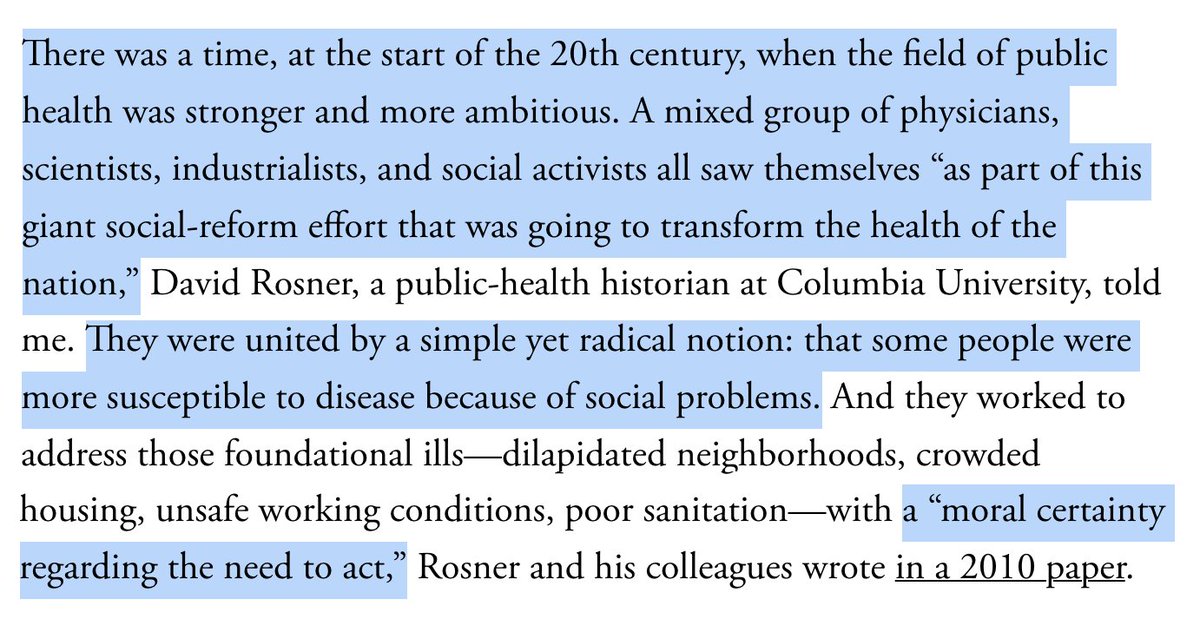
10/ Public health forgot that social injustice is at the root of disease.
theatlantic.com/health/archive…
theatlantic.com/health/archive…
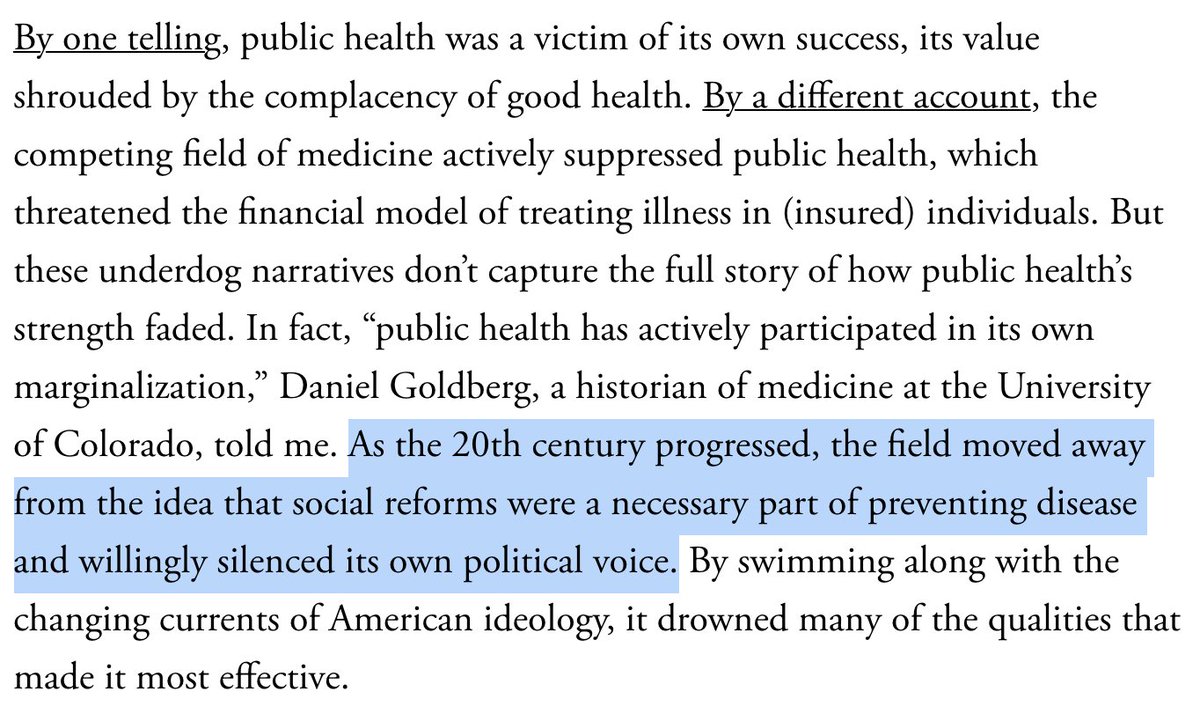
11/ Taking on moral issues is really hard, uncomfortable, and controversial.
theatlantic.com/health/archive…
theatlantic.com/health/archive…
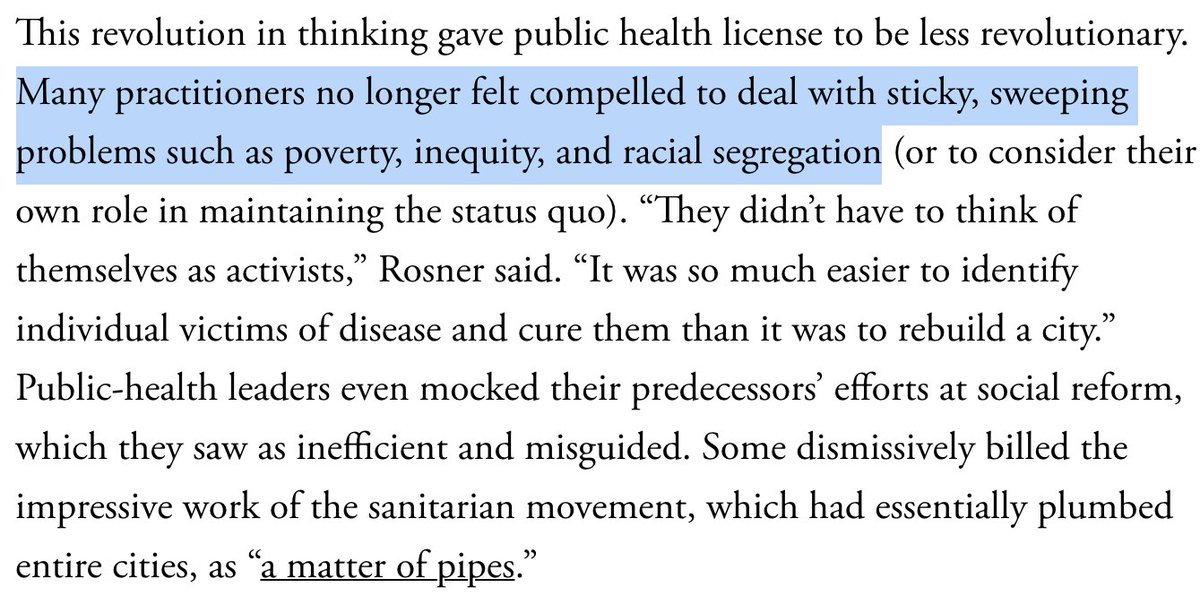
13/ Today, it's a matter of ventilation and air filtration:
theatlantic.com/ideas/archive/…
nytimes.com/2021/10/19/opi…

theatlantic.com/ideas/archive/…
nytimes.com/2021/10/19/opi…

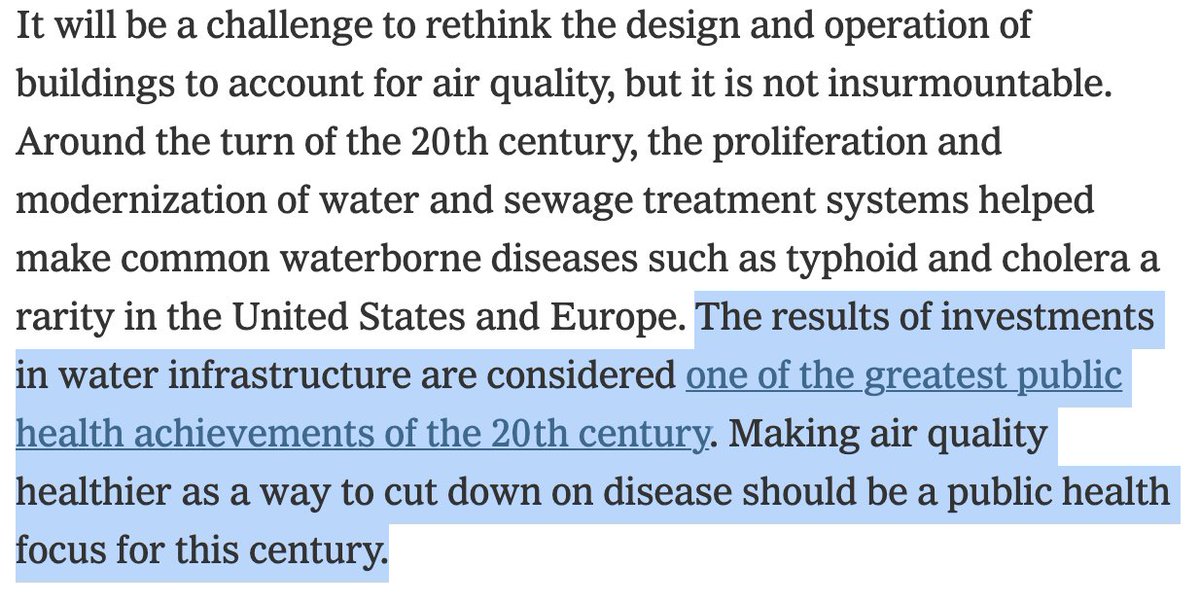
14/ Public health forgot its philosophical origins.
theatlantic.com/health/archive…

theatlantic.com/health/archive…
https://twitter.com/celinegounder/status/1452287816780730378?s=20
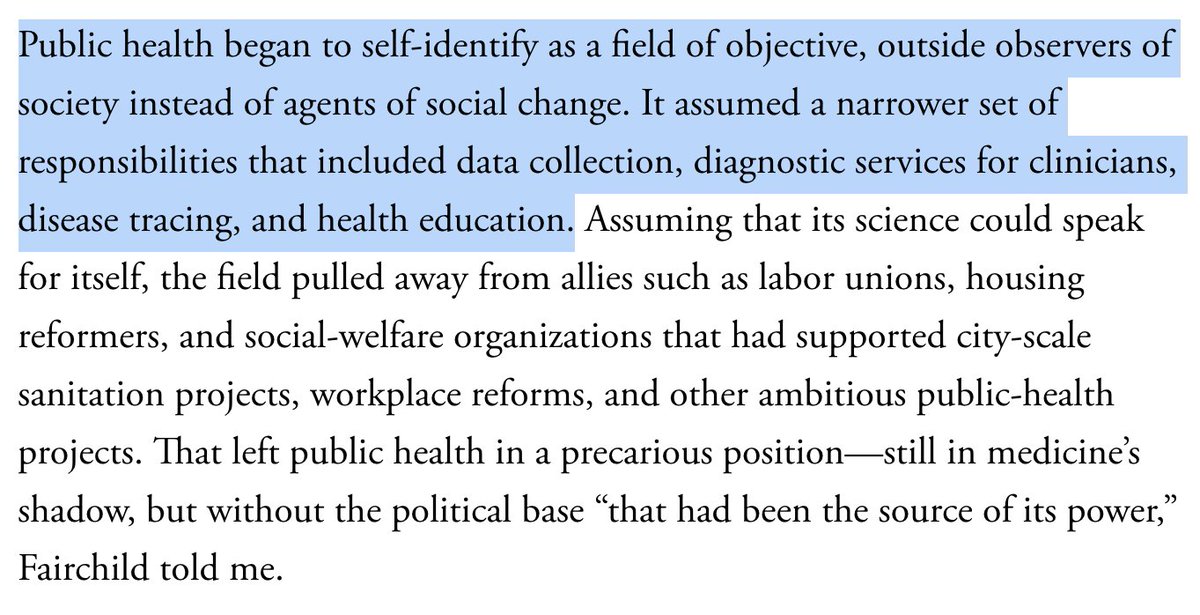
15/ Public health reframed disease due to social ills into issues of personal responsibility.
theatlantic.com/health/archive…
theatlantic.com/health/archive…
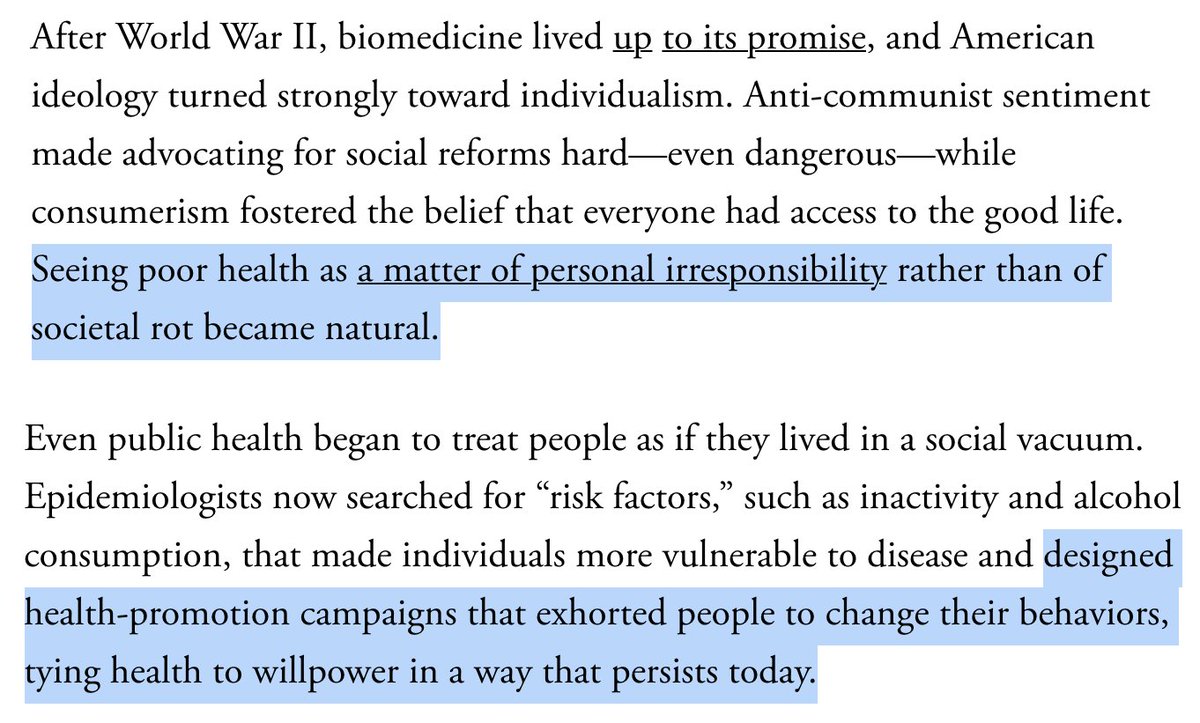
16/ I came of age and trained when the HIV/AIDS pandemic was at its peak in sub-Saharan Africa.
Those experiences taught many of us that disease is very much social.
theatlantic.com/health/archive…
Those experiences taught many of us that disease is very much social.
theatlantic.com/health/archive…
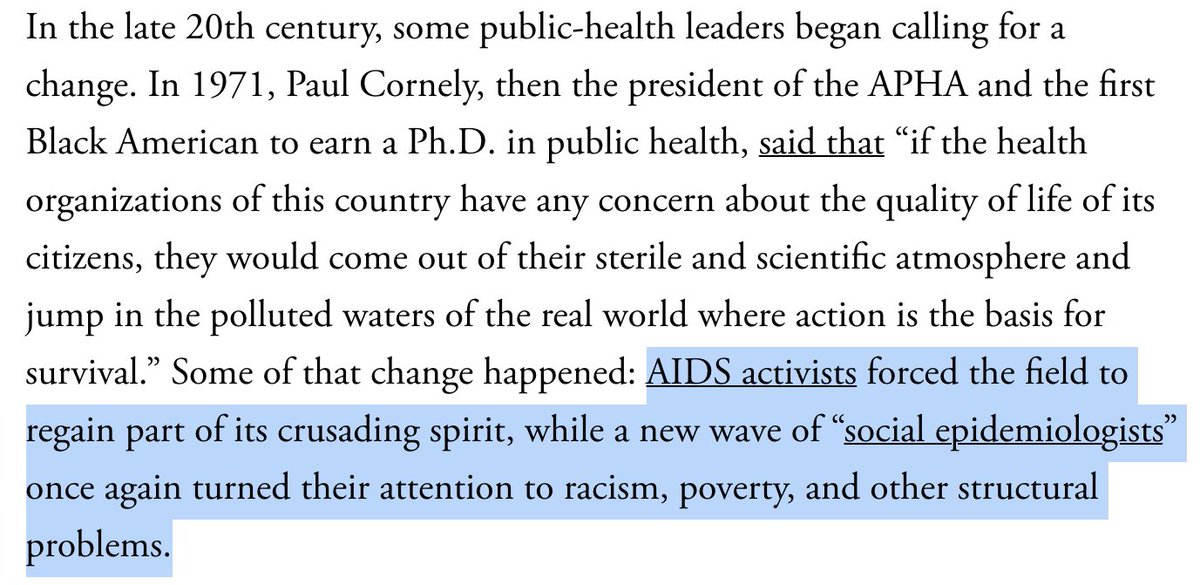
18/ To cure diseases caused by social ills, we need the moral urgency to address those social ills.
But are we willing to make sacrifices on behalf of society when the individual has become the center of our moral universe?
theatlantic.com/health/archive…
But are we willing to make sacrifices on behalf of society when the individual has become the center of our moral universe?
theatlantic.com/health/archive…
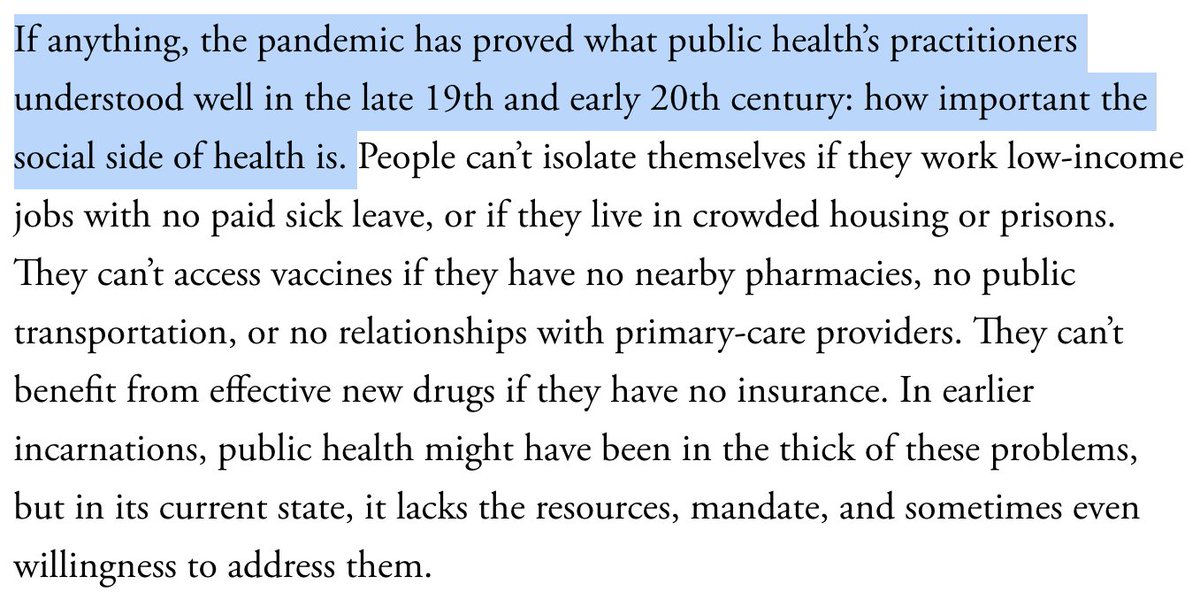
19/ Sadly, this is all too true. 👇🏾
And sadly, wanting to protect and save lives is political, not moral.
theatlantic.com/health/archive…
And sadly, wanting to protect and save lives is political, not moral.
theatlantic.com/health/archive…

20/ Public health is also inherently political because it:
- deals with collective action by governments on behalf of society.
- involves the allocation of scarce resources.
- balances individual vs public rights and responsibilities.
theatlantic.com/health/archive…
- deals with collective action by governments on behalf of society.
- involves the allocation of scarce resources.
- balances individual vs public rights and responsibilities.
theatlantic.com/health/archive…
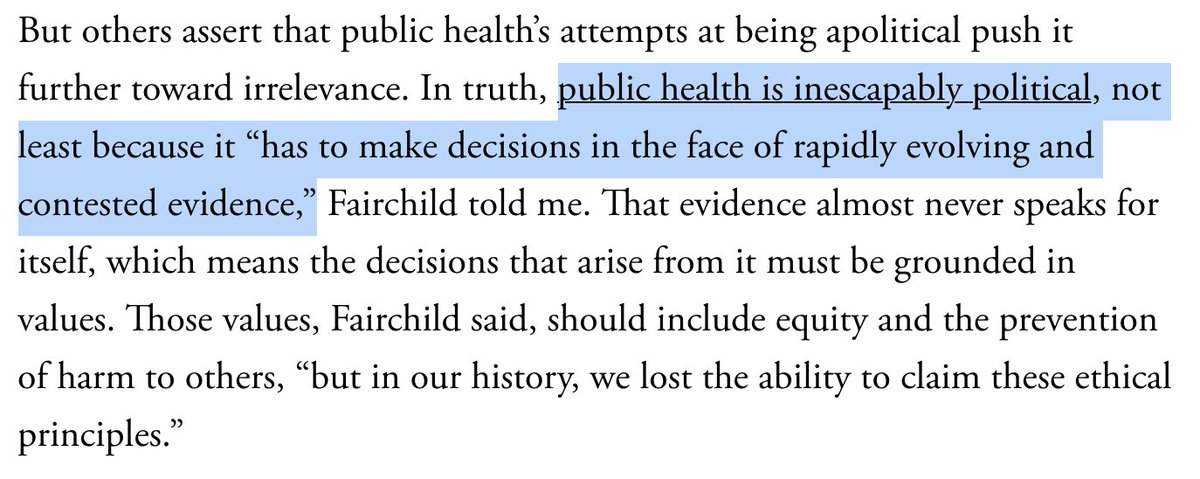
21/ In my opinion, ALL that is not strictly biomedical but impacts on health IS public health.
theatlantic.com/health/archive…
theatlantic.com/health/archive…
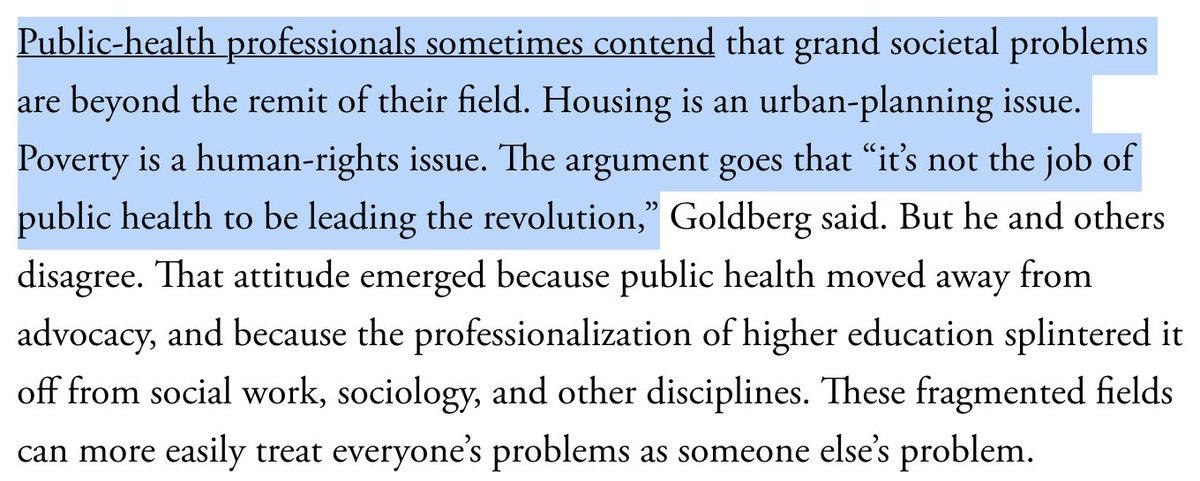
22/ Baltimore & NYC are "reopening the umbrella" with their community heath corps: people from the most vulnerable, hard-hit communities working in their communities and serving their communities.
theatlantic.com/health/archive…
theatlantic.com/health/archive…
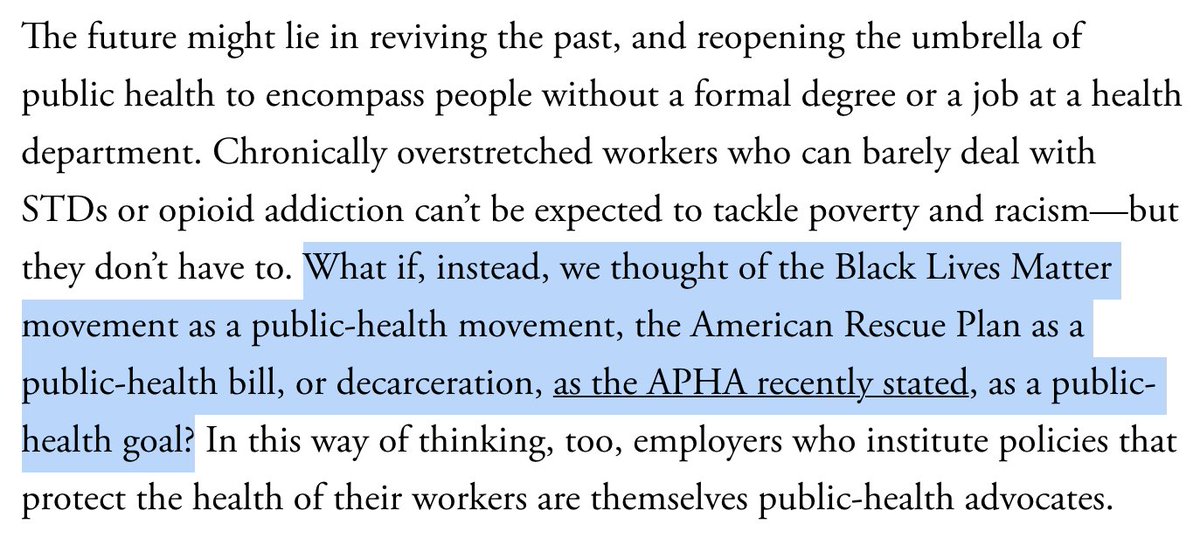
23/ We need to rebuild social capital and civic life in this country.
nytimes.com/2020/10/13/boo…
Public health can help drive that and be strengthened by it.
theatlantic.com/health/archive…
nytimes.com/2020/10/13/boo…
Public health can help drive that and be strengthened by it.
theatlantic.com/health/archive…

• • •
Missing some Tweet in this thread? You can try to
force a refresh



